-
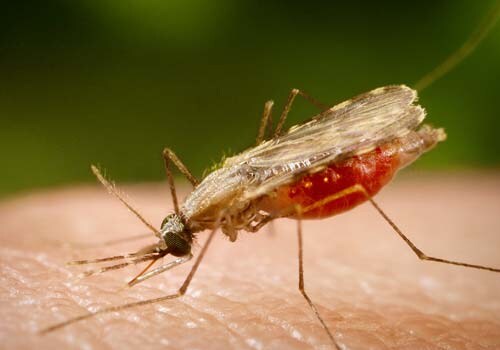
What is malaria?
Malaria is a parasitic disease characterised by high fever, chills and rigors. Falciparum malaria, one of four different types, affects a greater proportion of the red blood cells than the other types and is more serious. The disease is a major health problem in India as in most of the tropics and subtropics.
-
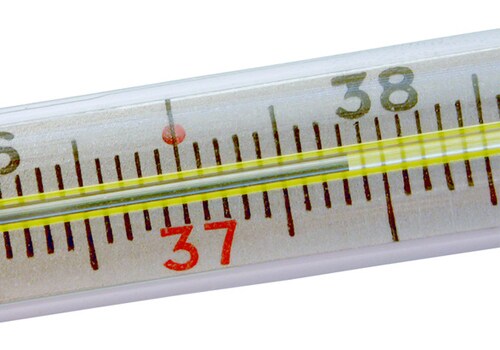
What are the symptoms of malaria?
There are sequential chills, fever, and sweating accompanied by headache, nausea and vomiting, muscle pain and anaemia. In severe cases, there may also be jaundice, convulsions or coma.
-
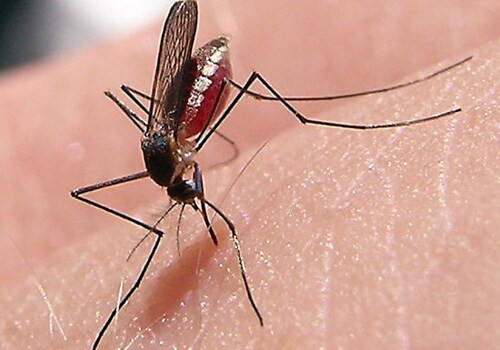
What is the cause?
Malaria is caused by a parasite (Plasmodium) that is transmitted from one human to another by the bite of infected anopheles mosquitoes. The symptoms occur in cycles of 48 to 72 hours. This is the time taken by the parasites to multiply inside the red blood cells, which then rupture, and the parasites infect more red blood cells. Malaria can also be transmitted congenitally (from a mother to her unborn baby) and, rarely, by blood transfusions.
-
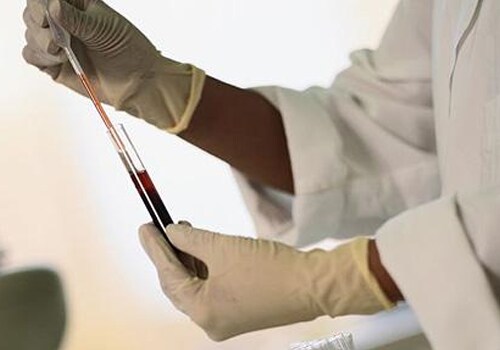
How is it diagnosed?
Diagnosis depends on the symptoms along with a physical examination and some tests. The physical examination may show an enlarged liver and an enlarged spleen. The tests for the malarial parasite by blood smears and other tests confirm the diagnosis. The blood sample is usually drawn at the peak of fever.
-
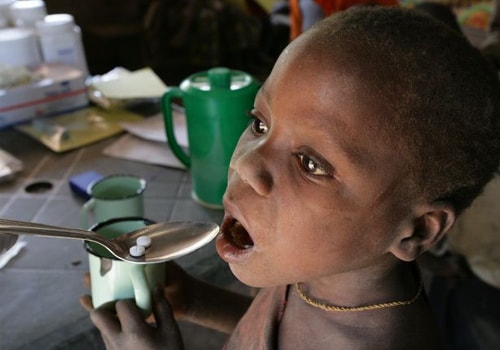
How is it treated?
Malaria, especially Falciparum malaria, is a medical emergency requiring hospitalisation. Chloroquine is the most frequently used anti-malarial medication, but quinidine or quinine, or the combination of pyrimethamine and sulfadoxine are given for chloroquine-resistant infections.
-
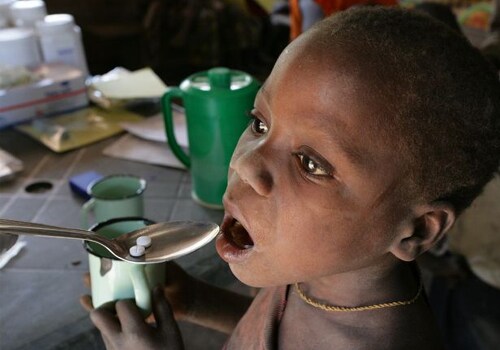
What is the expected outcome?
The outcome is expected to be good in most cases of malaria with treatment, but may be poor in Falciparum infection with complications. In complicated cases, there could be liver and kidney failure, excessive destruction of blood cells, swelling of the brain and rupture of the spleen.
-
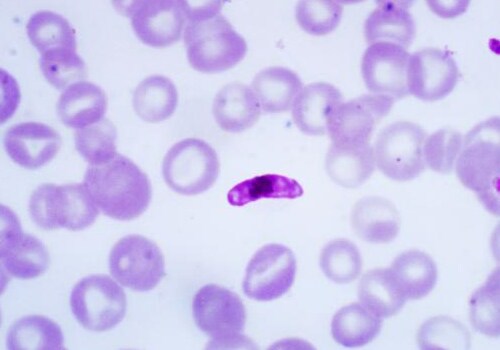
How can it be prevented?
Avoid mosquito bites by wearing protective clothing over the arms and legs, using mosquito nets and screens, and insect repellents (cream, lotion, spray or vaporizer). Anti-malarial drugs can be prescribed for visitors to areas where malaria is prevalent. Treatment should begin two weeks before entering the area, and continued for 4 weeks after leaving the area. Chloroquine, quinine, and the combination of pyrimethamine and sulfadoxine are some of the drugs used. Chloroquine has been the drug of choice for protection from malaria. Falciparum malaria is becoming increasingly resistant to anti-malarial medications. For travellers headed for areas of endemic Falciparum malaria, the present drug of choice is mefloquine.


















